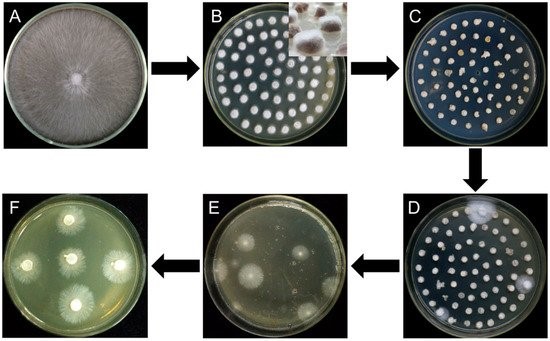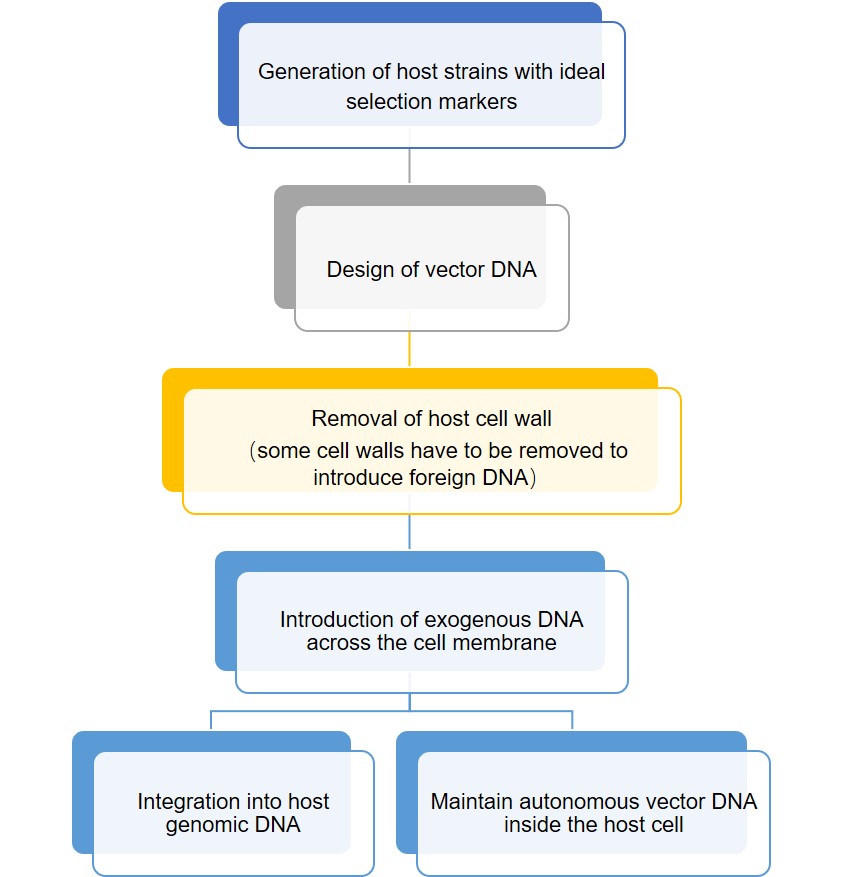Lentinula edodes is one of the most abundant and widely grown edible mushrooms in the world. It has delicious flavor and special aroma of its own. The genetic and functional genetic research of Lentinula edodes has become a hot topic with the completion and publication of its whole genome sequencing. Lentinula edodes is the second most popular edible mushroom in the global market, not only due to its nutritional value but also due to its potential therapeutic abilities.
Lentinula edodes is used to treat immune deficiency (including AIDS), cancer, environmental allergies, fungal infections, influenza & colds, bronchial inflammation, heart disease, hyperlipidemia (including high cholesterol), hypertension, infectious diseases, diabetes, hepatitis, and urinary regulation. It is a source of several well-studied and pharmacologically characterized preparations, especially the polysaccharide shiitake polysaccharide, shiitake mycelium, and medium extracts (LEM, LAP, and KS-2).
Lifeasible provides Lentinula edodes transgenic services, constructs gene specific shiitake expression vectors, optimizes transformation conditions for your research project, and establishes targeted and efficient Agrobacterium shiitake transformation systems.
 Figure 1. Flow diagram for Agrobacterium tumefaciens-mediated transformation of L. edodes. (Yan L, et al. 2019)
Figure 1. Flow diagram for Agrobacterium tumefaciens-mediated transformation of L. edodes. (Yan L, et al. 2019)
Lifeasible established the Agrobacterium-mediated transformation (ATMT) of basidiomycete Lentinula edodes in both monokaryon and dikaryon mycelia by using constructed binary plasmid pCAMBIA-1300-GFP or modified pCB-BCA. We synthetic plasmids with an autonomous replicative sequence (ARS), promoter, and selective marker from various origins that have been developed for many fungi in Ascomycota and some in Basidiomycota. Because Lentinula edodes are more sensitive to hygromycin, hygromycin was used as a screening marker in the services, construction of an efficient expression vector for Lentinula edodes using hygromycin as a screening marker.
The mushroom transformation has been performed using various samples at different life cycles with various methods, including Agrobacterium tumefaciens-mediated transformation (ATMT), polyethylene glycol (PEG)-mediated protoplast transformation, restriction enzyme-mediated integration (REMI), electroporation, and ballistic bombardment, along with the following solutions.

Lifeasible provides our customers with a professional one-stop service covering all steps including experimental design, vector construction, plasmid transformation, positive screening, and testing. A wide range of genotypes, multiple Agrobacterium strains, and commercial and custom binary vectors with variant selection markers are readily available to suit the different purposes of all customers. We have optimization services for the Agrobacterium-mediated transformation of Lentinula edodes. In addition, we also have services for the validation of transgenic Lentinula edodes.
References: